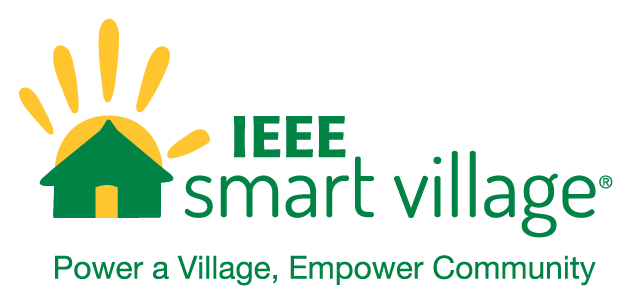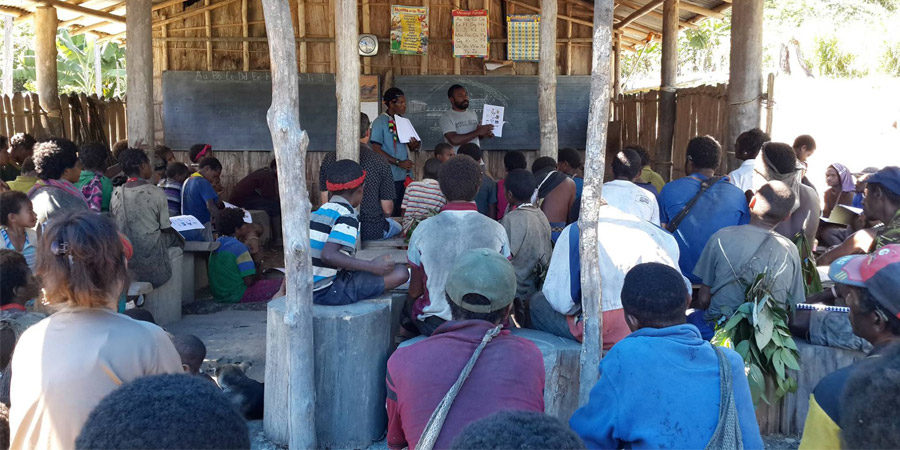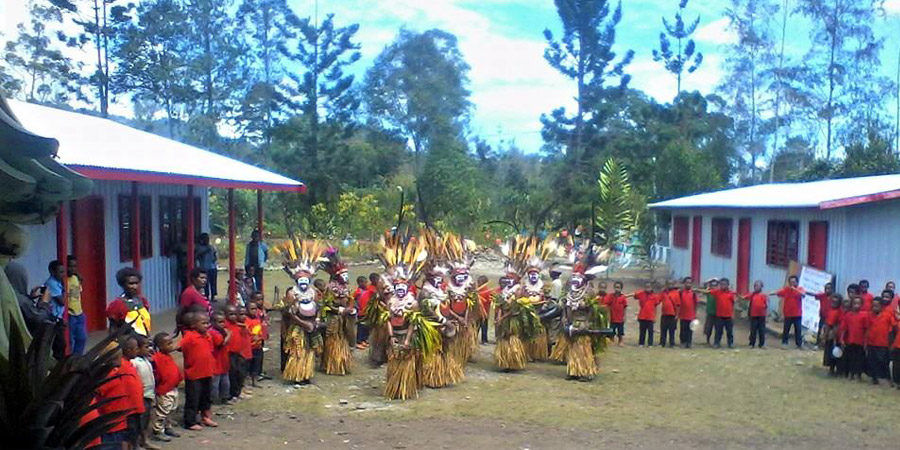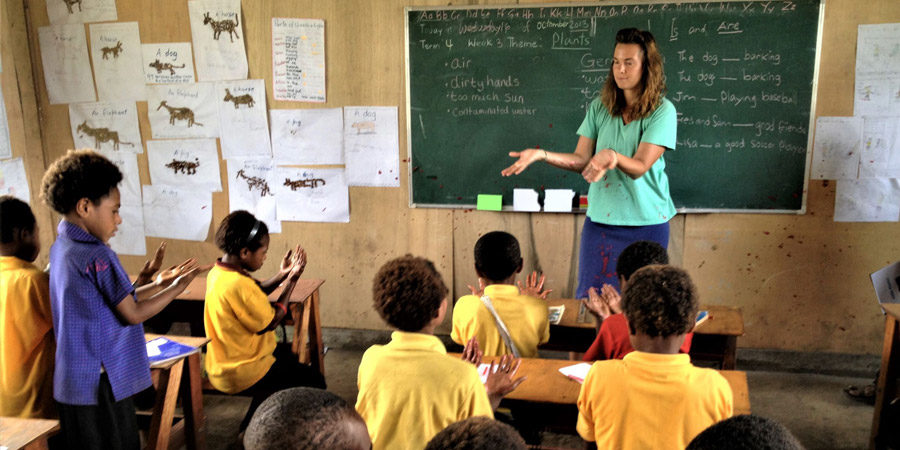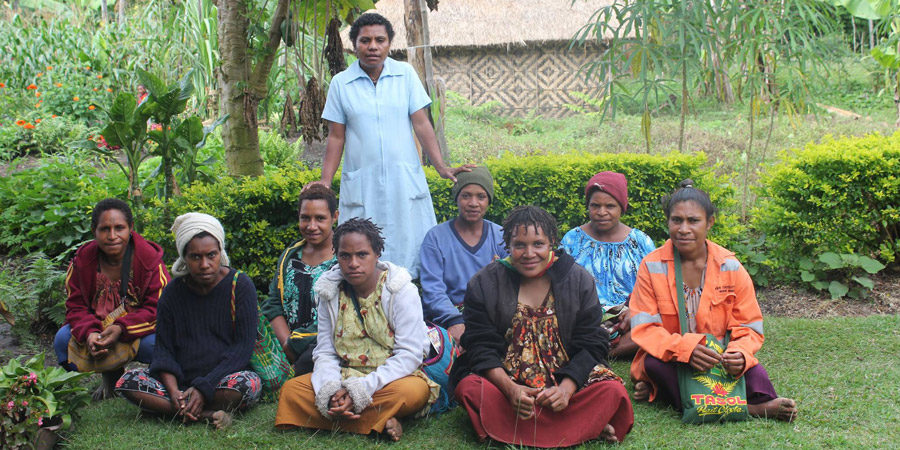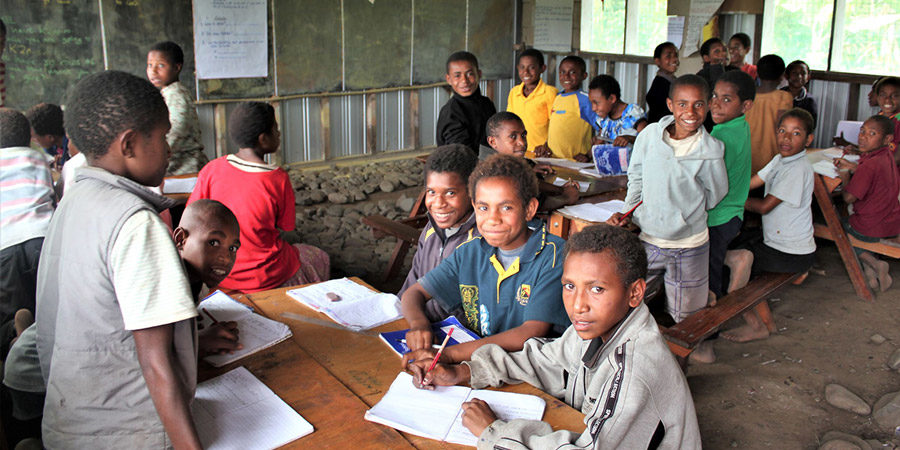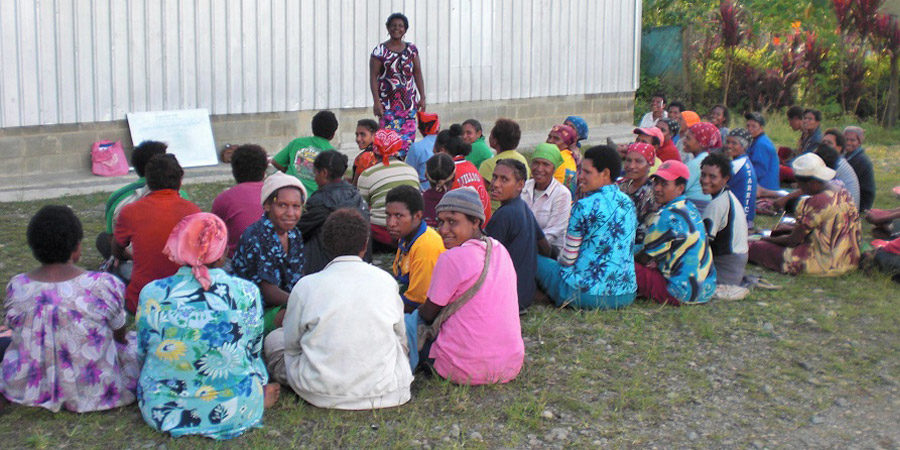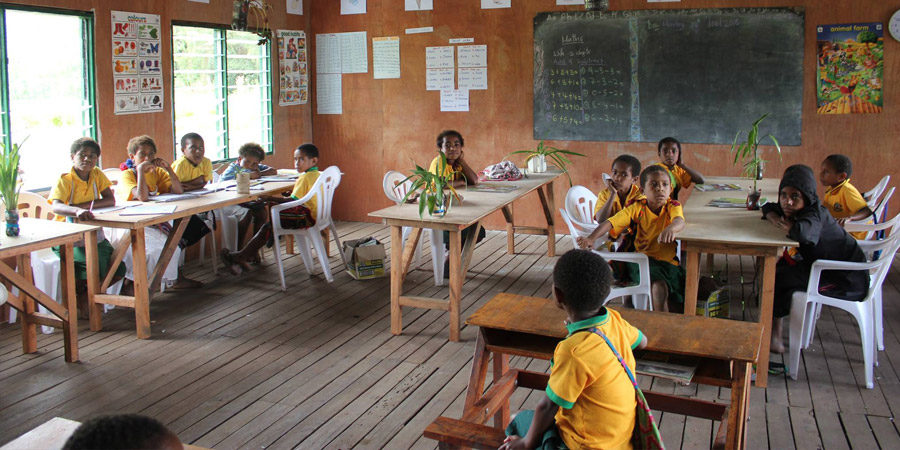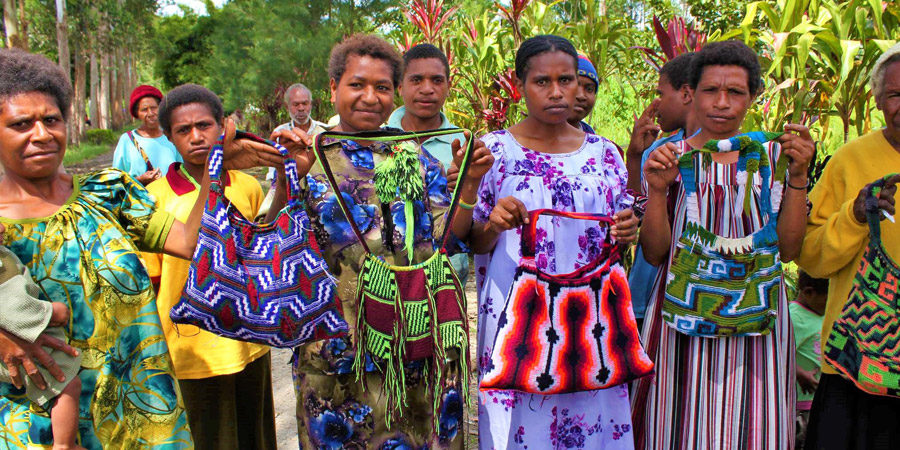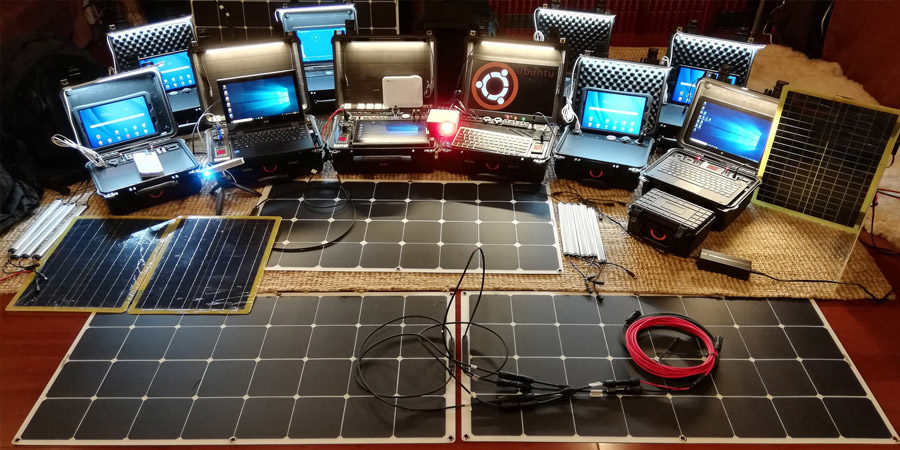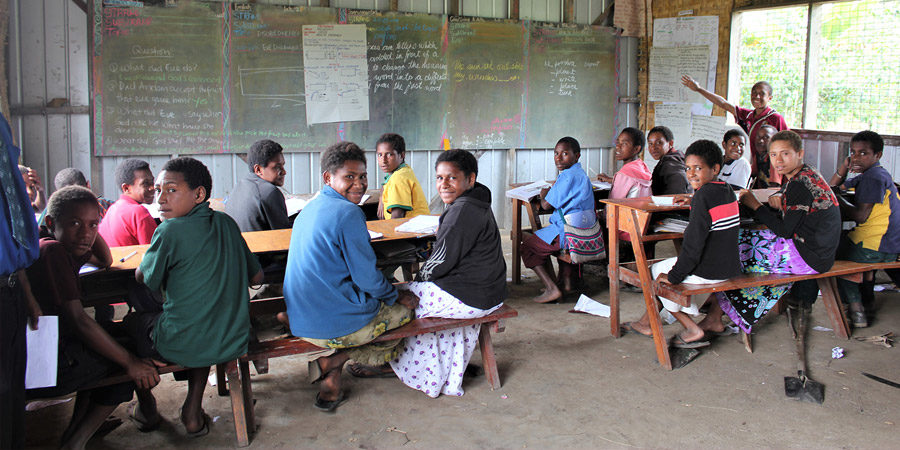Community Transformation Center – Papua New Guinea
The funding for the Madan CTC will be applied to purchase custom-designed portable electronic classroom training kits that will include foldable solar power panels, computers, projectors, and Wi-Fi access nodes. Once trained on the equipment’s use, teachers will be able to transport the kit to more than 30 local schools. Additional training will focus the use of the solar powered portable equipment, business operations of solar power plants, financial planning and management, and business opportunities in support of Rotary International’s Water Sanitation and Hygiene (WASH) programs.
Located just 300 kilometers north of Australia, Papua New Guinea is one of the most diverse countries in the world with 8.1 million people and 840 languages. Currently, 40% of the population lives on less than a dollar a day, 68% lacks clean water or sanitation, 90% of residents have no reliable electricity, and 97% are not connected to the internet.
The IEEE Smart Village education project led by PNG Community Transformation Centres (PNG CTC) is addressing critical needs in Westerns Highlands and Jiwaka provinces. The majority of schools hardly function due to the absence of qualified teachers and basic educational resources, including government curricula or exams, books, desks, blackboards, electricity, water, and sanitation. At the same time, adults are challenged with a widespread shortage of employment opportunities and basic skills (only 58% of the population can read or write) in a region dependent on subsistence agriculture.
In 2018, ISV Education Committee awarded PNG CTC $50,000 USD with the support of IEEE Power and Energy Society to provide digital classrooms, teacher training, and vocational education for a series of pilot schools and three community centers with expansion planned to reach 35 schools serving 40,000 people in a 10km radius. The project is working in tandem with a Rotary Foundation program bringing safe water, sanitation, and health training to the local schools and community centers.
Each of the pilot schools is receiving an EmpowerSchool digital classroom kit containing the required government curricula, daily scripted classes, previous national exams, after-school educational materials, instructional videos for teachers, and vocational training for young adults. The community centers will also provide adult literacy and numeracy, health and hygiene education, IT training, and women’s empowerment programs.
COMMUNITY IMPACT DATA:
| Population to be reached | 4,000 in Madan, expanding to 40,000 in 10km radius |
| Desires expressed by local community | Jobs training, improved health/wellness, clean water, business skills, adult literacy/numeracy, women’s empowerment |
| Number of schools | 28 elementary, 3 primary, 3 secondary, 3 community centers |
| Percentage of educated youth who return to their home villages | Around 90% |
| Numbers of students per school | 60 to 1200 each, average 275 each |
| Immediate needs of schools | Electricity, ICT, water, sanitation, teacher training, after-school programs, English & literacy, books, furniture, curricula |
| Adult literacy rate | Men: 60% | Women: 50% |
| Jobs to be created | Water / sanitation installation & operation, agriculture cooperatives, solar installation & operation |
| Technologies & education provided | EmpowerSchool classroom kits, rainwater harvesting, DC microgrids, AC microgrids |
